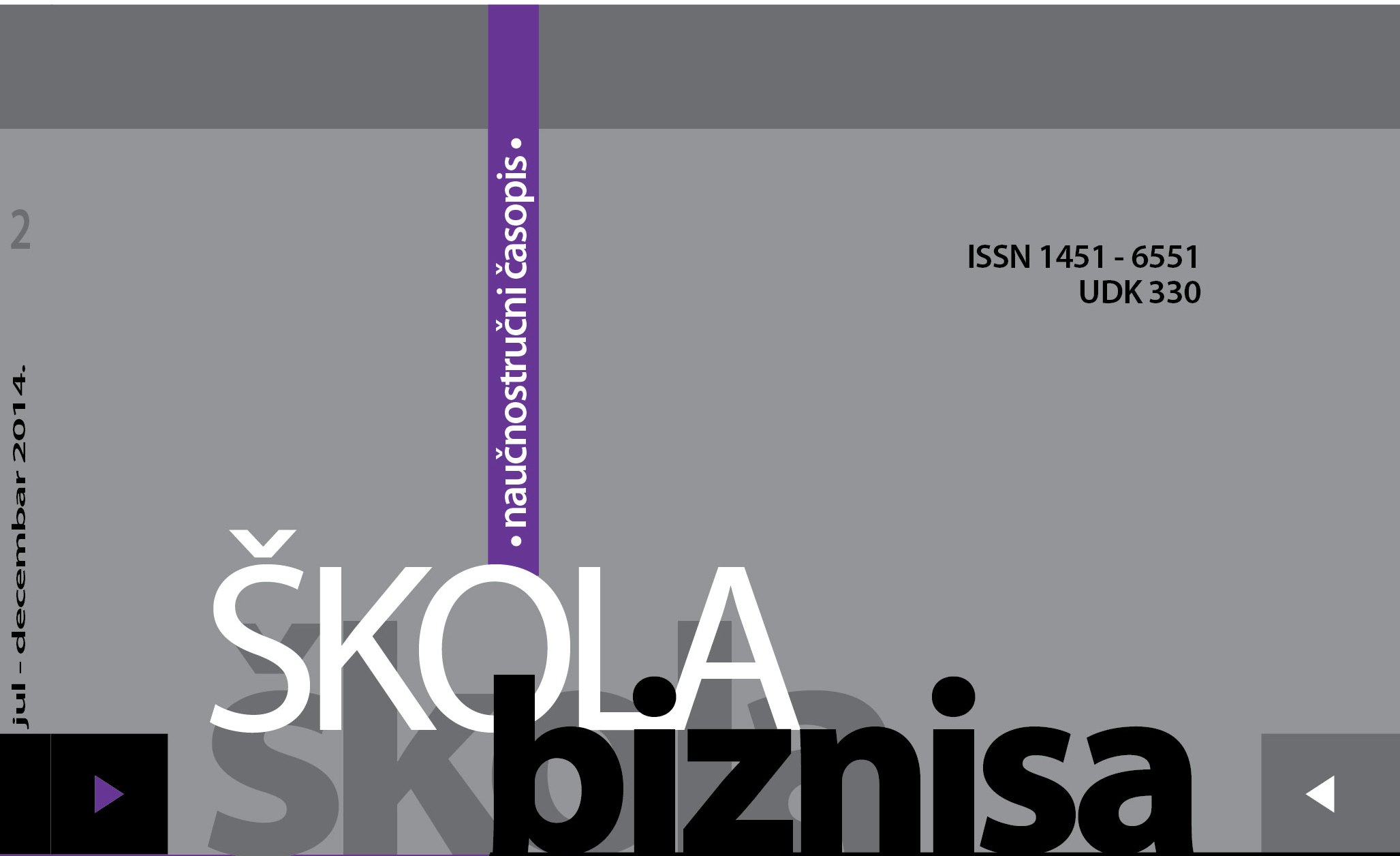SIMULATION OF VALUES OF COMPANY’S INTELLECTUAL CAPITAL AS A SYSTEM-FORMING FACTOR IN ITS COMPETITIVENESS
Abstract
The relevant problems of assessing the value of intellectual capital are examined in this paper. A simulation model for evaluating intellectual capital is constructed on the basis of the Monte-Carlo method. A statistical analysis of the results of simulation is conducted.
References
Edvinsson, L., & Malone, M.S. (1997). Intellectual Capital: Realizing your Company's True Value by Finding Its Hidden Brainpower. New York, NY: Harper Business.
Гетьман, М.А. (2013). Моделирование оценки стоимости интеллектуального капитала предприятия. У: М.А. Гетьман & Н.Ю. Шевченко (Ур.), Математика и ее приложения в современной науке и практике. Сборник научных статей ІІI Международной научно-практической конференций студентов и аспирантов. Курск: Юго-Зап. Гос. Университет. 339-345.
Леонтьев, Б.Б. (2002). Цена интеллекта. Интеллектуальный капитал в российском бизнесе. (стр. 101). М.: Акционер.
Плахин, А.Е. (2012). Управление интеллектуалЬным капиталом как стратегическиј фактор роста стоимости компании. У: А.Е. Плахин & Т.В. Пяткова (Ур.), Управление интеллектуальным капиталом. Материалы Международной научно-практической конференции. Екатеринбург: Изд-во Урал. гос. экон. ун-та. 248.
Савчук, В.П. (2004). Финансовая диагностика и мониторинг деятельности предприятия. (стр. 215-219). К.: Companion.
- Authors retain copyright and grant the journal right of first publication with the work simultaneously licensed under a Creative Commons Attribution License that allows others to share the work with an acknowledgement of the work's authorship and initial publication in this journal.
- Authors are able to enter into separate, additional contractual arrangements for the non-exclusive distribution of the journal's published version of the work (e.g., post it to an institutional repository or publish it in a book), with an acknowledgement of its initial publication in this journal.
- Authors are permitted and encouraged to post their work online (e.g., in institutional repositories or on their website) prior to and during the submission process, as it can lead to productive exchanges, as well as earlier and greater citation of published work (See The Effect of Open Access).

